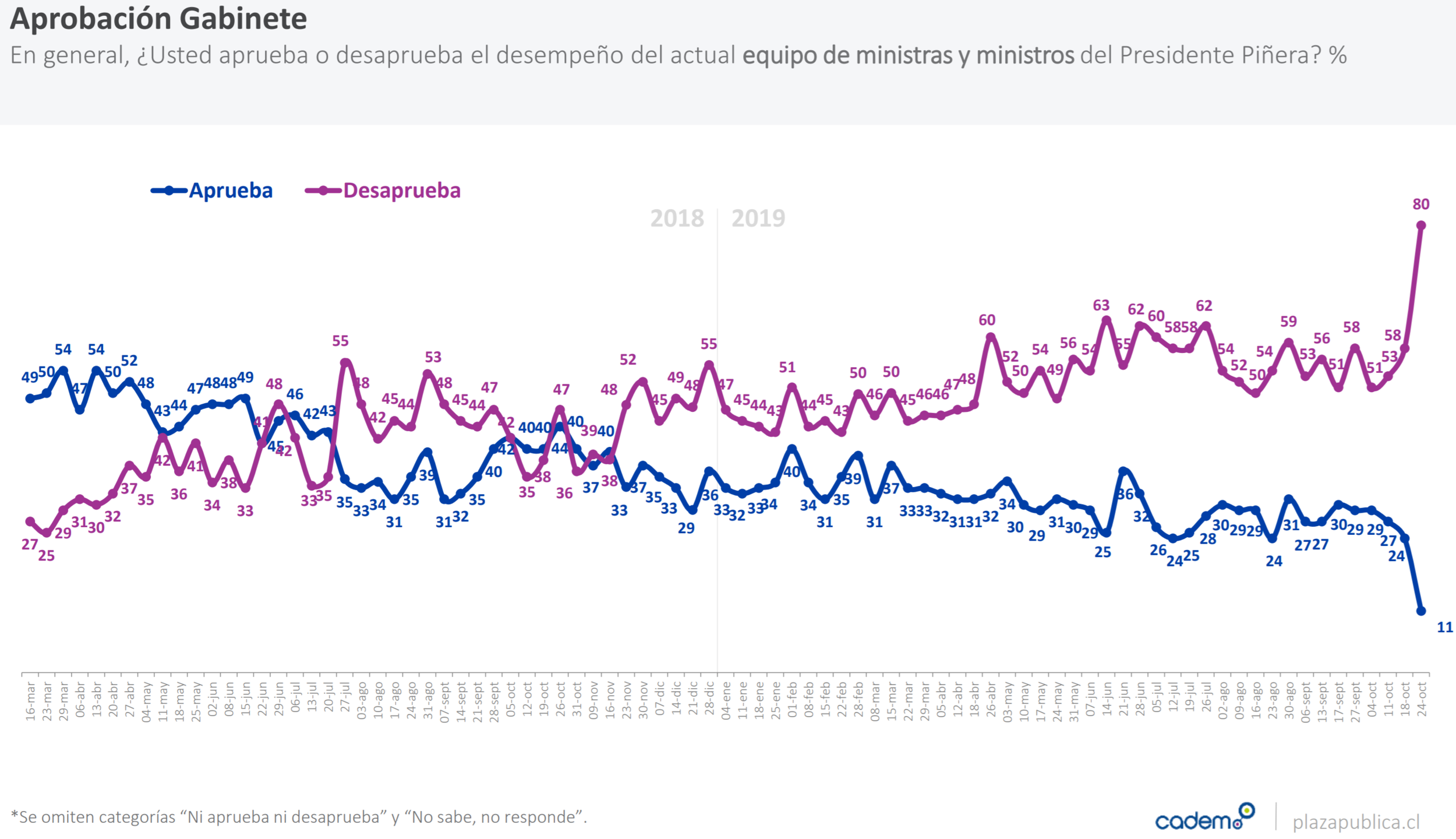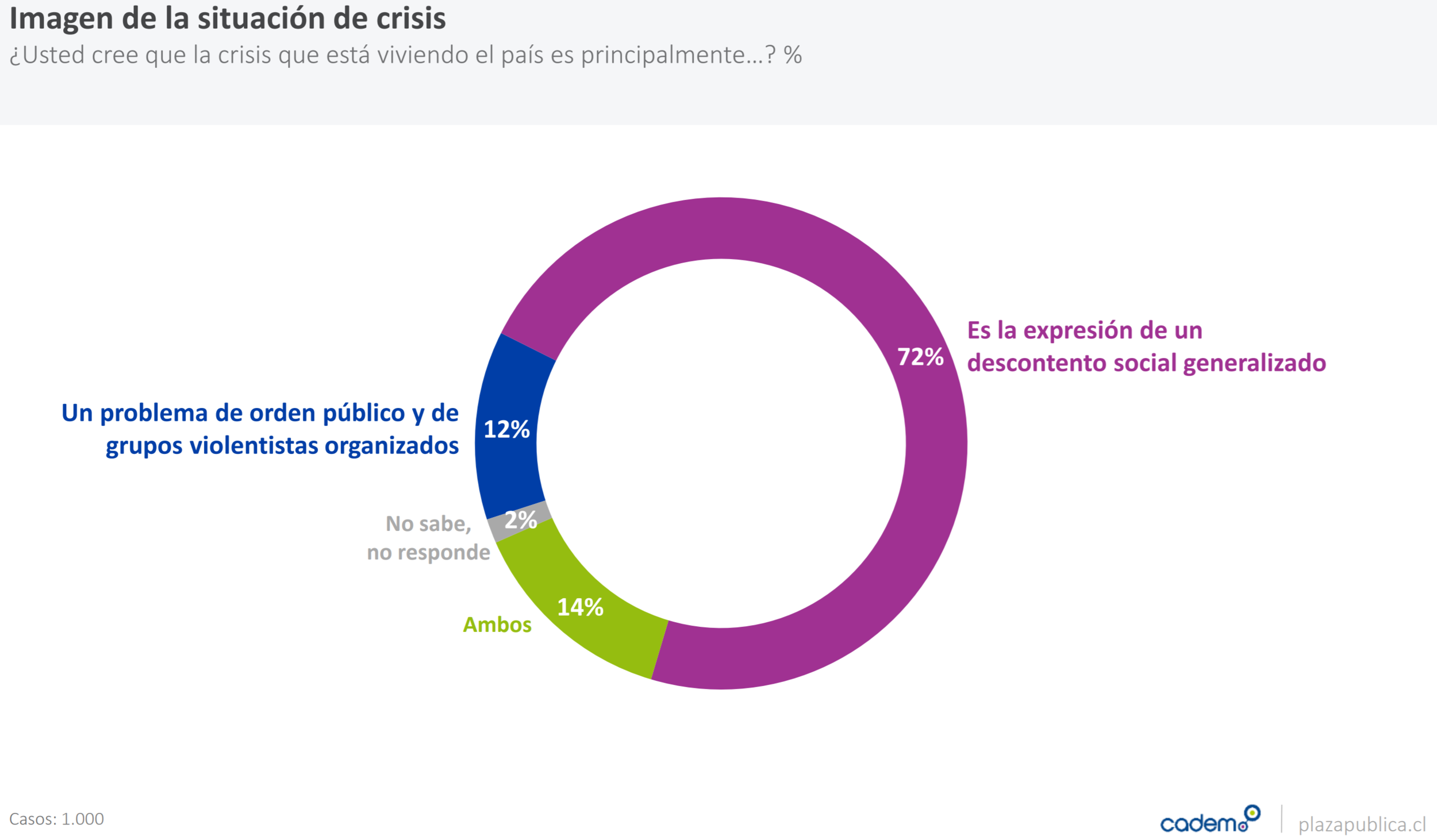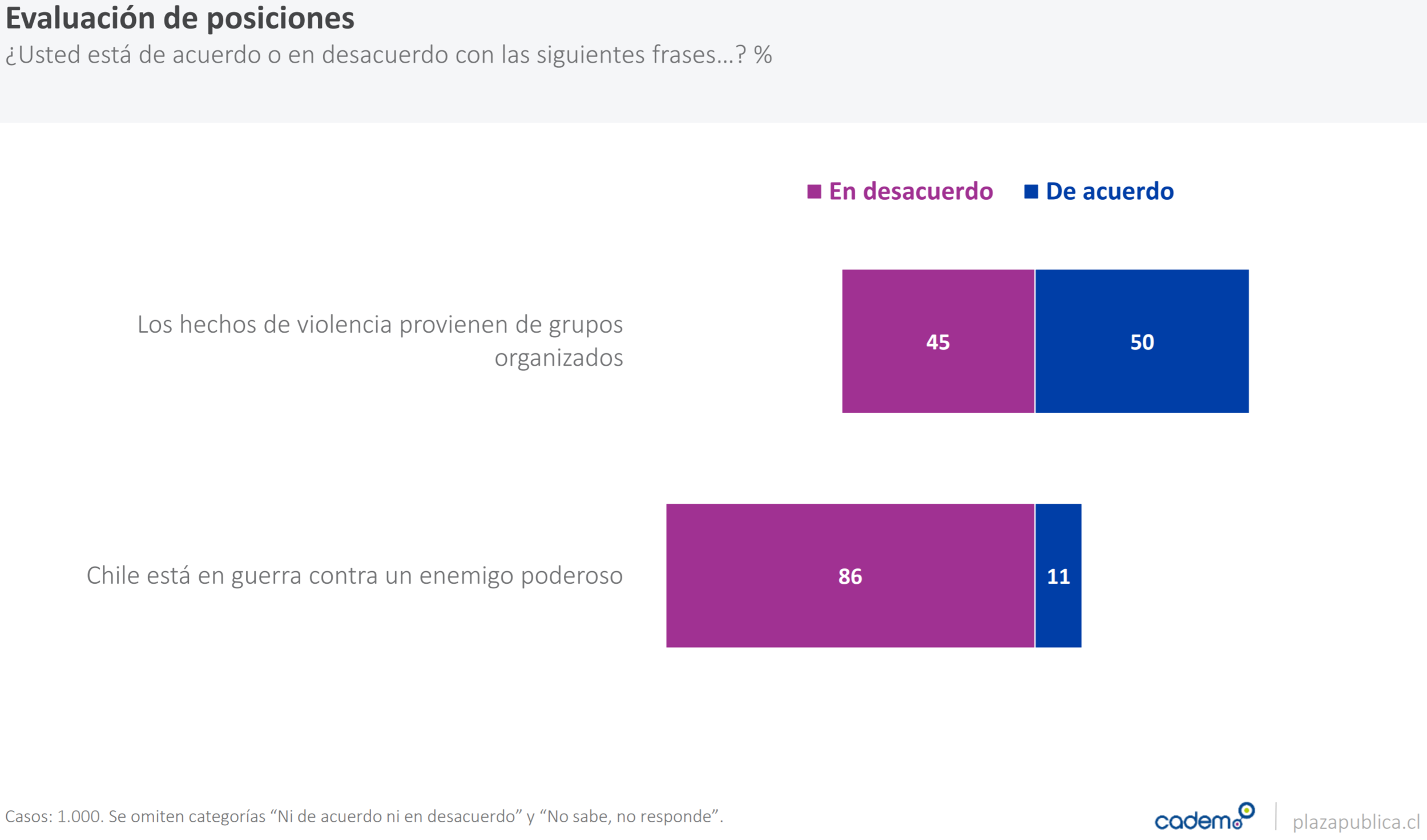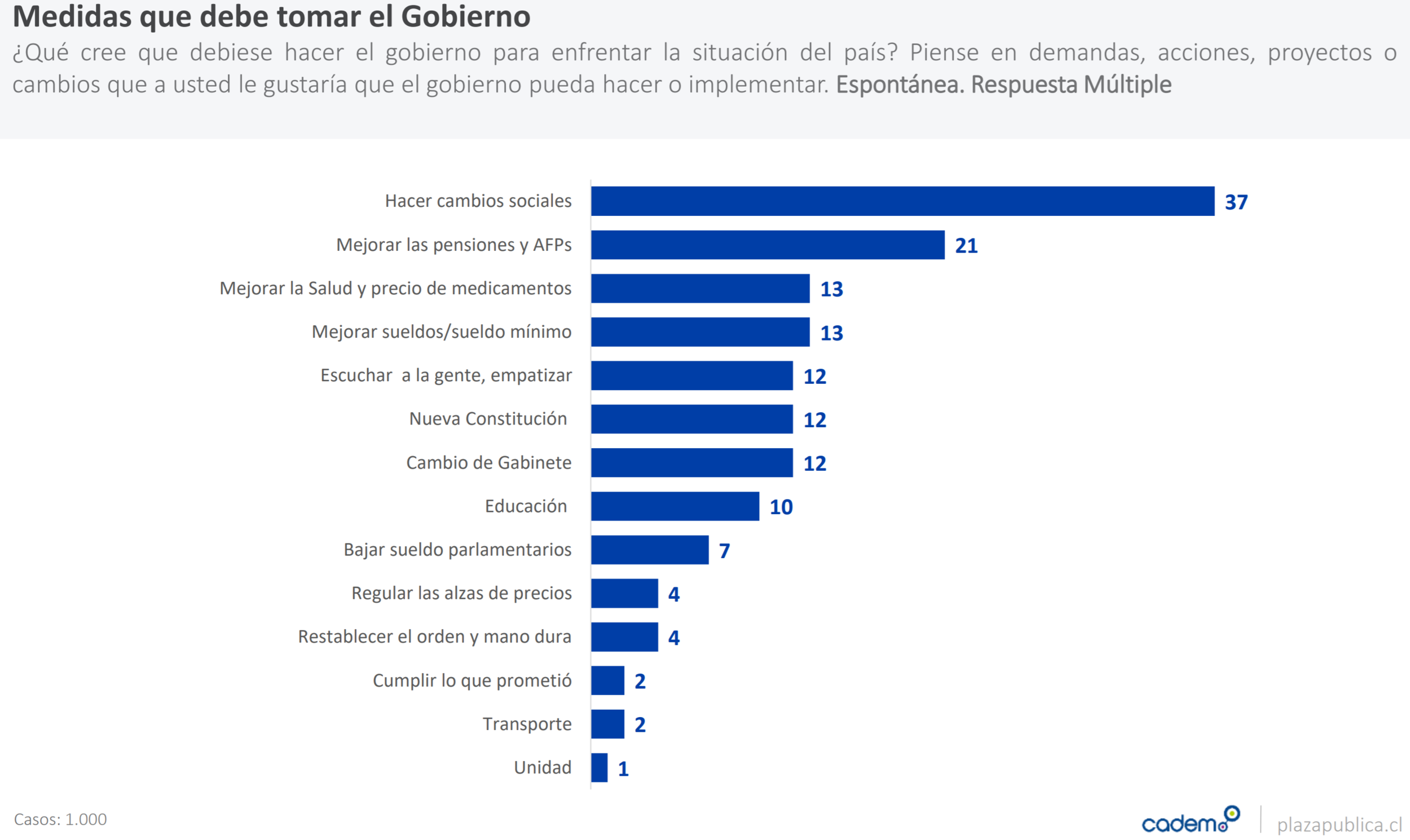A Spanish-language version of my post on shotgun dispersion was published recently in Etilmercurio, under the title of «Disparar a la cara» (“To shoot at the face”).
Read Morecrisis
Nacho Saavedra, a defensive midfielder for Club Deportivo Universidad Católica, covers his eye in recognition of Chileans who have partially or fully lost vision due to police action in the current protests.
“Rubber” shot: eye injury potential as a function of distance and some safety advice
Brief ballistic examination of potential ocular trauma with range with so-called “rubber shot” («perdigones de goma») used to suppress unrest in Chile, as well as a discussion of safety eyewear standards.
Read MoreMany people in Chile complain about a general lack of legal and constitutional literacy among the general population. That may or may not be true; however, I will say that Chile is the only country I’ve seen where paper copies of laws are regularly found being sold on the street. I picked up my copy of the Código de Aguas (also available for free here) at a small news kiosk a block away from my apartment.
Historical background to the 2019 Chilean protests, part 7: the water crisis
Chile’s water crisis is inextricably tied to Chile’s legal framework of water rights—emplaced under undemocratic rule—which is truly unique in the world in the sheer scale of privatization. This system has not been able to cope with increasing stress on Chile’s hydrology, largely to the detriment of communities and smallholders. Recent high-profile incidents pushed water rights to the forefront of the public consciousness, and the resulting demands for reform of water rights dovetail with the principles behind the current social mobilization.
Read MorePublic polling from 25 October on the 2019 Chilean protests
I’ve been eagerly awaiting Cadem’s polling from the past weekend, the first from the public polling firm since curfew was imposed. Here I translate some figures from the latest report from Saturday, 25 October (available here in Spanish).
Key results (my summary):
President Sebastian Piñera’s handling of the crisis is historically unpopular. Approval of Piñera hit an all-time low of 14%, while disapproval hit an all-time high of 78%. A majority disapprove of Piñera across all demographics—which include age groups, social classes, and political inclinations. Poor management is listed as the leading reason for disapproval. Approval of Piñera’s cabinet hit a low of 11%, while disapproval hit a high of 80%. These levels have not been seen since Bachelet’s second term.
Most (72%) view the crisis as “an expression of generalized social discontent.” Similarly, the most common reason cited for acts of violence is social discontent, followed by low pensions. “Enact social change” is viewed as the main course of action the government should take, followed by “improve pensions.”
A majority of Chileans take a favorable view of efforts to restore law and order. A majority are in favor of the decision to declare a curfew (55%) and a State of Emergency/martial law (49%). The use of violence and vandalism of the Metro, as well as looting of commercial establishments, are almost universally condemned. Majorities approve of the behavior of the Carabineros (52%), Navy (47%), and Army (47%).
Political parties in the crisis are deeply unpopular. Most disapprove of the behavior of the various political coalitions and parties during the crisis, with little variation based on political orientation; no coalition/party surpasses 16% approval, nor falls below 64% disapproval.
My translations of select figures follow.















